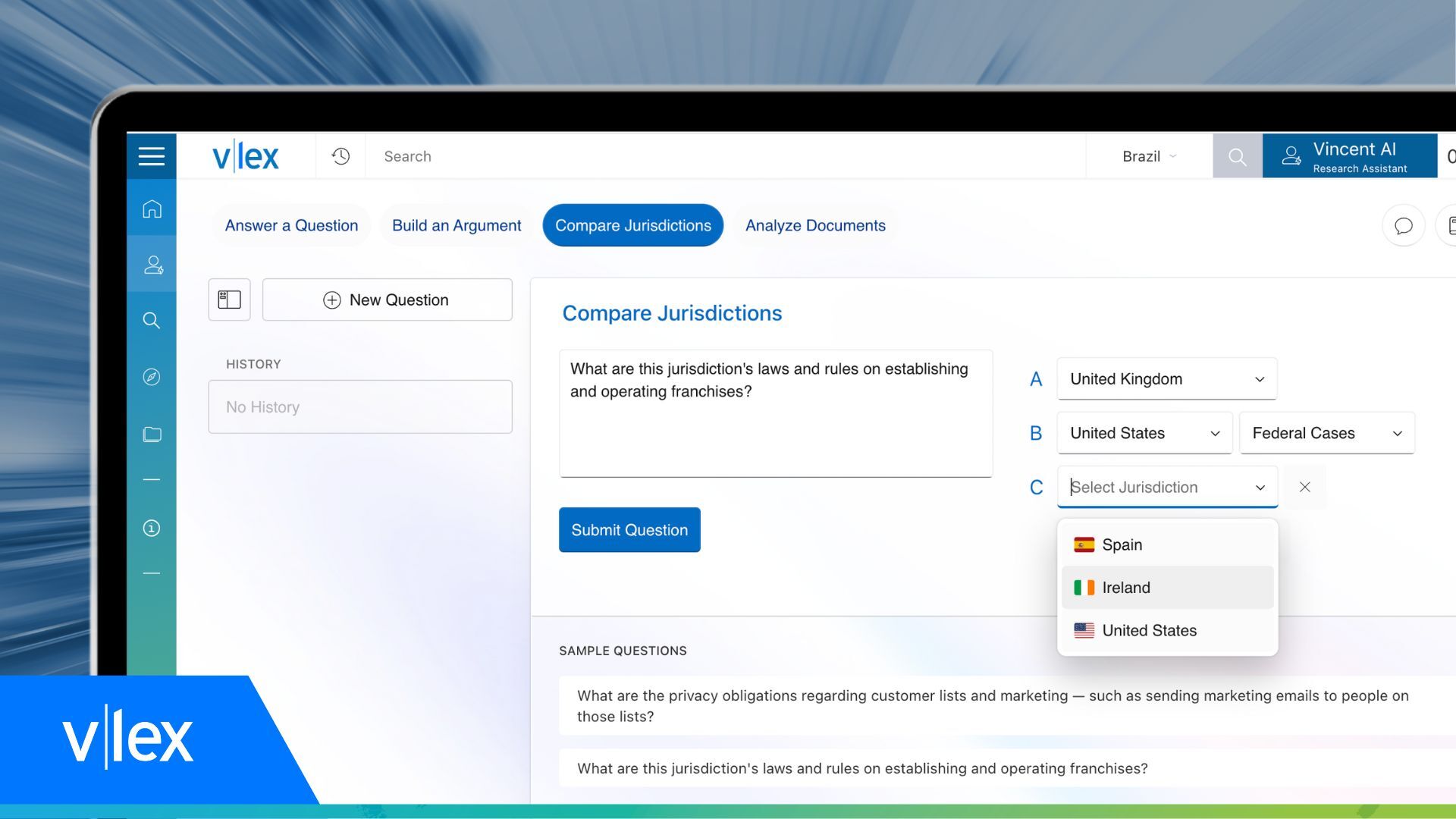Is it 'pleaded' or 'pled'?
An ABAJournal.com reader recently questioned the publication’s editorial judgment when a story told of two women who pleaded guilty to criminal charges.
“This may be a hanged versus hung question,” said the reader using the name OKBankLaw, “but shouldn’t pleaded in the fourth paragraph be pled?”
That much-debated question is being aired in the Daily Report. On one side is John Chandler, a senior litigation partner at King & Spalding, who advocates “pled” despite the opinion of the editor of Black’s Law Dictionary. “I know, I know: Bryan Garner says that ‘pleaded’ is the ‘predominant form in American English,’ ” Chandler writes. “But does the guy listen to people talk? Nobody says ‘pleaded.’ ” The shorter form is also favored by readers of Above the Law responding to online polls, he argues, as well as the characters on Law & Order.
On the other side is Brian Boone, a senior litigation associate at Alston & Bird. He labels Chandler’s “everybody says it” claim as hyperbole. Boone cites his own Westlaw search showing the U.S. Supreme Court has used “pleaded” in more than 3,000 opinions and “pled” in only 26—and in some of those instances the court was quoting others. In addition, Boone says, “rock star” appeals judges Richard Posner and Frank Easterbrook typically use “pleaded.”
Besides, Boone says in a paraphrase of Above the Law, “ ‘pleaded’ better captures the past-tense-ness of the event.”
Updated at 8:40 a.m. to correct a link.



